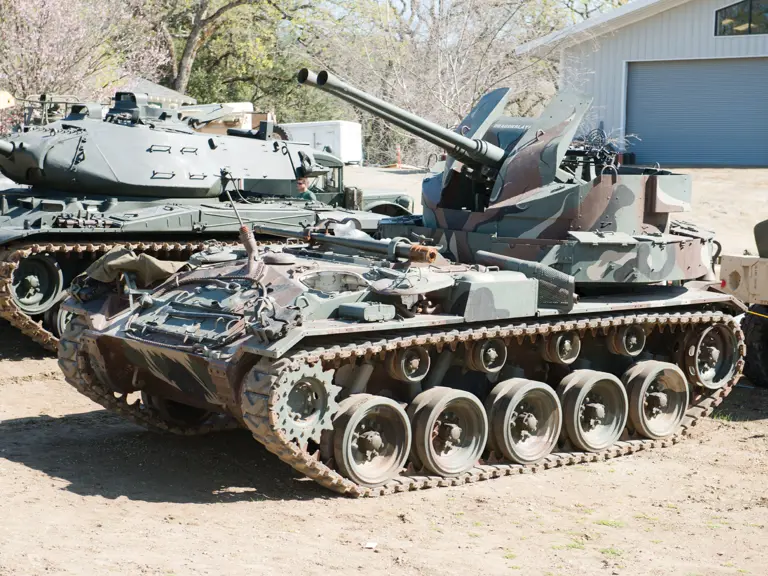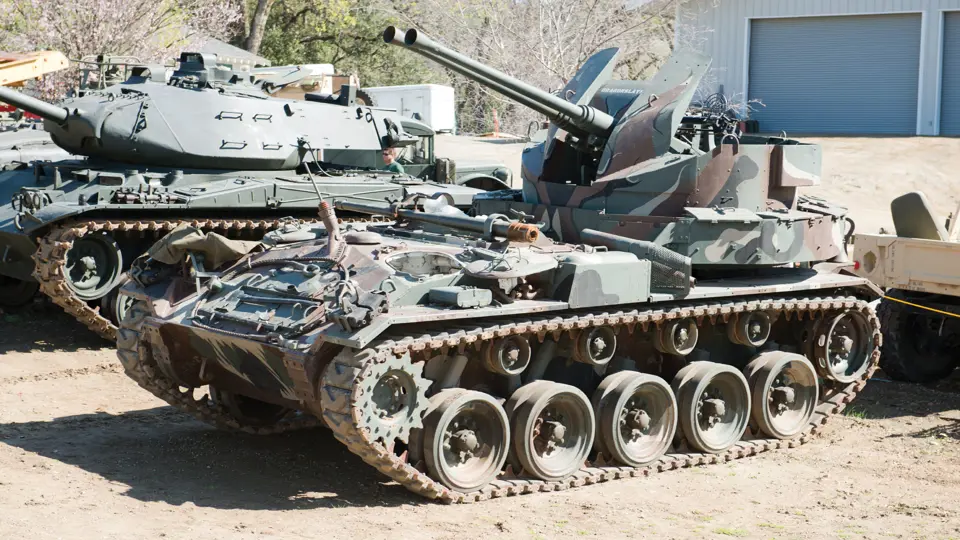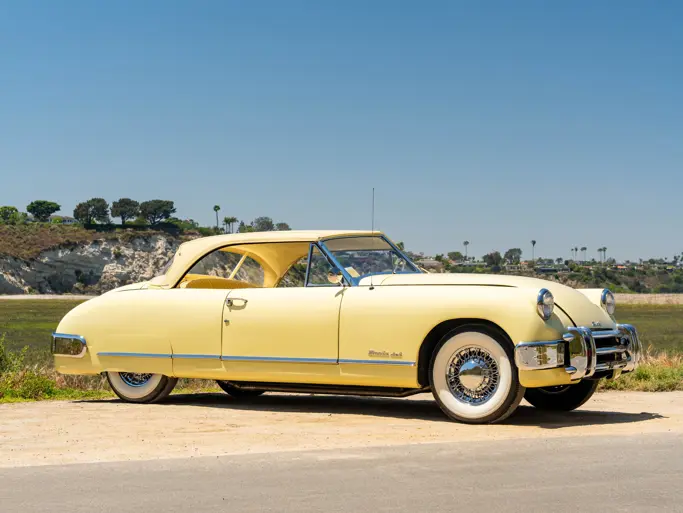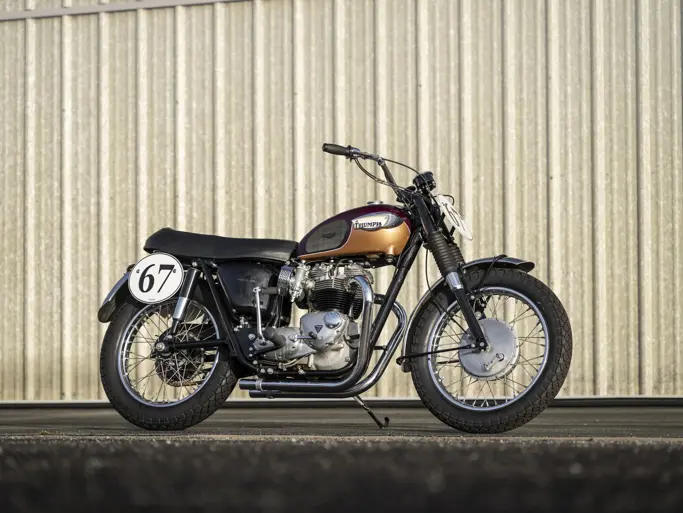 | Portola Valley, California
| Portola Valley, California
Weight: 20.5-tons (18,597-kg)
Length: 19' (5.79-m)
Width: 9' 7” (2.92-m)
Height: 9' 8” (2.94-m)
Crew: 6
Armor:
Hull front: .5” (13-mm)
Turret front: .5” (13-mm)
Weapons:
-Primary
40-mm Dual Automatic Gun M2 in Mount M4
-Secondary
Provision for 2x .45-cal SMG M3
Provision for 4x .30-cal Carbine M1 w/1x Grenade Launcher M8
-Ammunition
352x 40-mm
420x .45-cal
430x .30-cal carbine
Engine: Twin Cadillac Series 44T4 16-cylinder (8/engine), 220-hp (110-hp/engine)
Power/weight: 10.7-hp/ton
Fuel Capacity: 110-USG (416-l)
Range: 100-miles (160-km)
Speed: 35-mph (56-km/h)
The vehicle being offered, Twin 40-mm Gun Motor Carriage M19A1, serial number 162, was built in 1945 by Cadillac in Detroit, Michigan. This is an older restoration. The exterior needs to be cosmetically restored with new paint. The wheels and tracks are in good condition. Most, if not all exterior fittings are present and in good condition. The gun turret is in good condition. The gunner's controls, gunner's and loader's seats appear to be complete. The driver and co-driver's positions have all controls and instruments. The vehicle starts up easily and drives very well.
In May 1943, Ordnance authorized the procurement of an anti-aircraft vehicle based on the lengthened chassis of the T24 light tank. The pilot model was designated T65E1 and was completed by Cadillac sometime in early 1944. Upon completion, the vehicle was shipped to the Antiaircraft Artillery Board after being initially tested at Aberdeen Proving Grounds.
Testing by the Antiaircraft Artillery Board indicated that some minor modifications needed to made. Upon completion of these modifications, the vehicle was standardized in June 1944 as the twin gun motor carriage M19.
The M19 began production at Cadillac in April 1945 and ended in August 1945 after 300 of them were produced. The M19A1 differed from the M19 by being equipped with a 200-amp, 24-volt auxiliary generator that was driven by a two-cylinder gasoline engine. This was mounted behind the battery box on the right fender. A new exhaust pipe design also resulted from the installation of the generator. Most, if not all M19's were modified to this standard.
While built too late to see action in World War II, the M19/M19A1 saw heavy action in the Korean war. They continued to serve in the U.S. Army until replaced by the M42 Duster starting in 1954.
Transport Cost to Storage: $2,640





